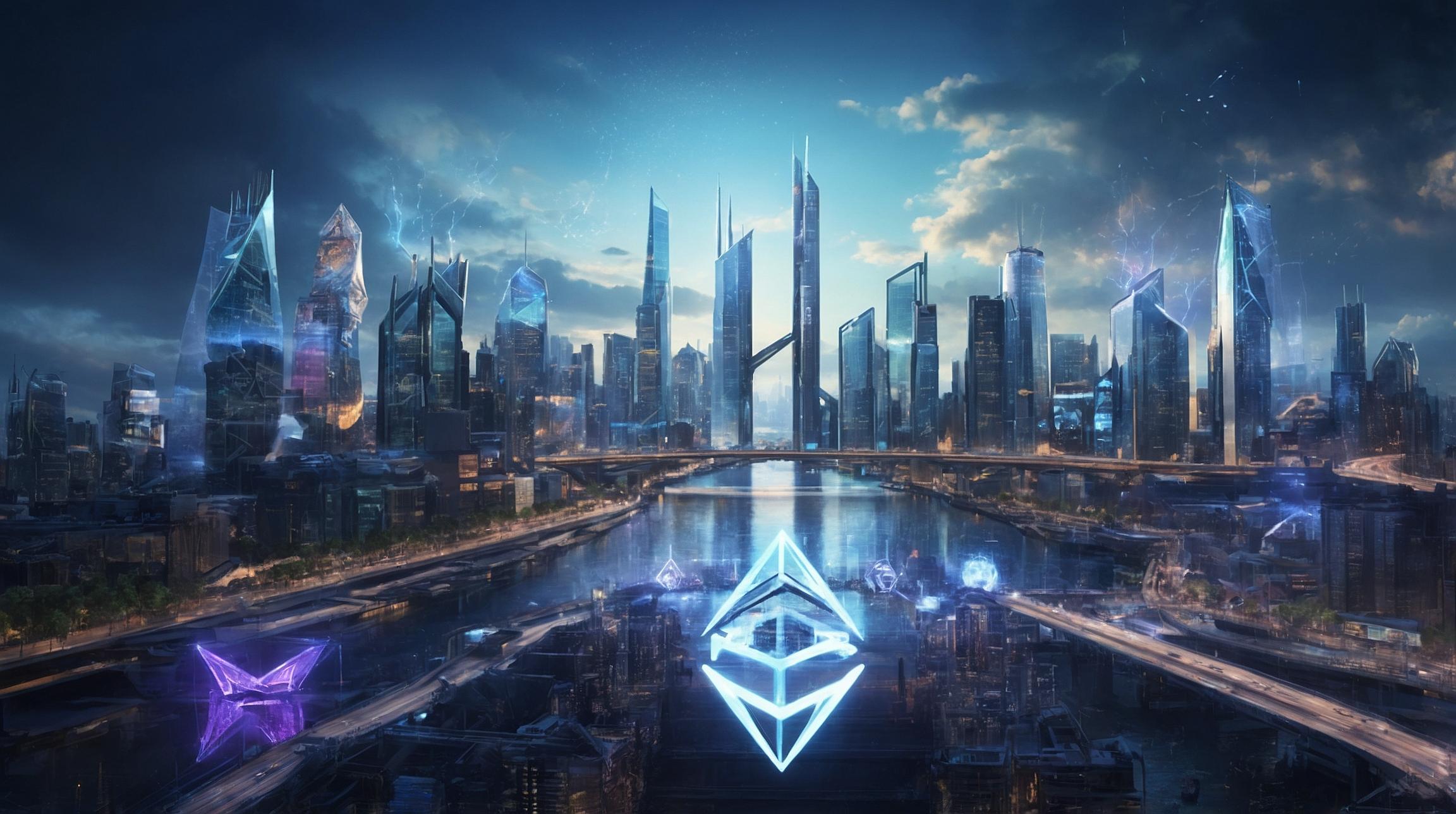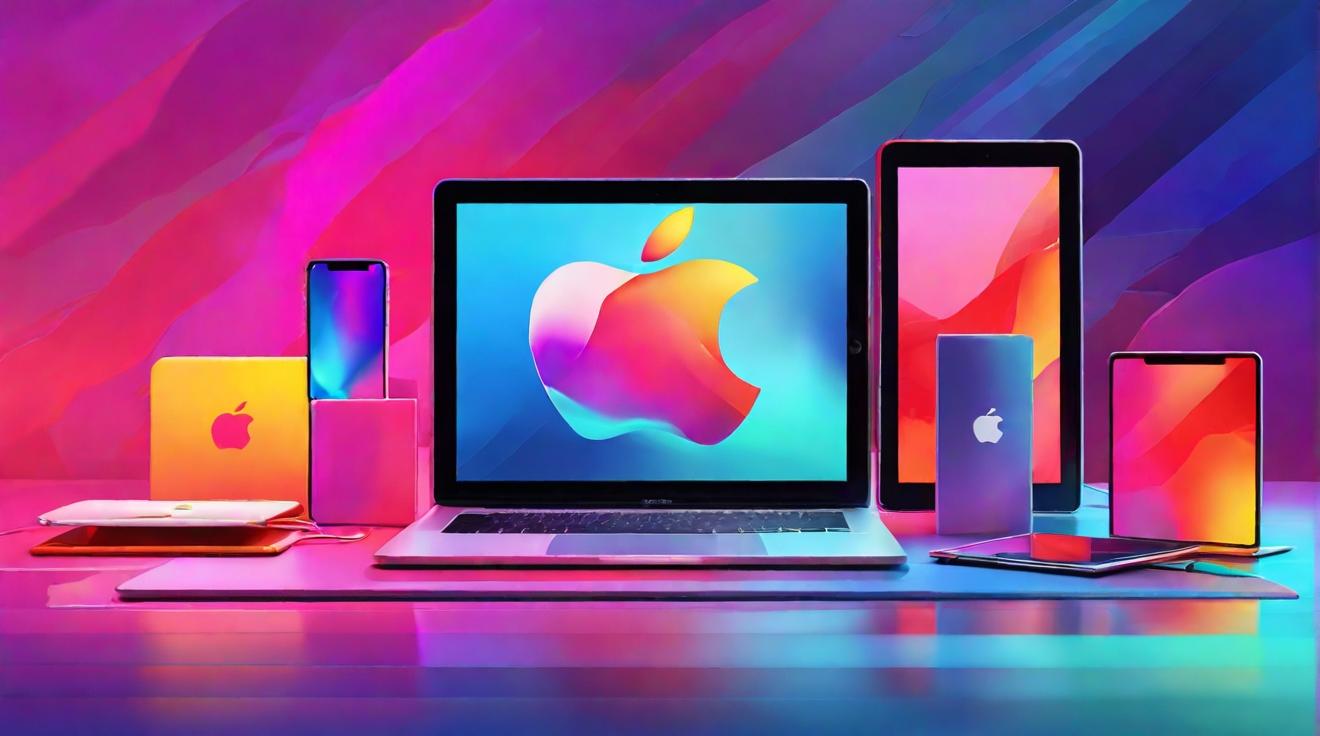BlackRock's Venture into Ethereum-Compatible L2 Network
BlackRock, renowned as one of the world's largest asset management firms, is reportedly considering the launch of a Layer-2 (L2) network that is compatible with Ethereum. Over the past year, BlackRock has significantly engaged with leading cryptocurrencies, primarily focusing on Bitcoin and Ethereum. This new move seems to aim towards expanding in the realm of tokenization, a process of converting rights to an asset into a digital token on a blockchain.
Understanding Layer-2 Networks
To comprehend this initiative, it's crucial to understand the concept of an L2 network. Layer-2 refers to a secondary framework or protocol built on top of an existing blockchain (like Ethereum) to improve scalability and efficiency. This means transactions can be processed faster and at a lower cost, which is especially important for large-scale financial services like those offered by BlackRock.
Why Ethereum?
Ethereum is a popular choice for such developments because of its smart contract capabilities and widespread adoption. Smart contracts are self-executing contracts where the terms are directly written into code, enabling automatic and trustless transactions. BlackRock has utilized Ethereum's chain extensively, which suggests a familiarity and confidence in Ethereum's robustness.
Potential Hurdles
While the prospect of launching an L2 network is promising, it comes with its challenges. One significant hurdle is regulatory compliance. The blockchain industry is heavily scrutinized, and any new developments must adhere to existing laws and regulations. Additionally, creating a new L2 network involves handling gas fees (the cost of executing transactions on Ethereum) and ensuring security across bridges—mechanisms that connect different blockchain networks.
BlackRock's Strategic Moves
BlackRock's successful ETFs (Exchange-Traded Funds) this year might be a driving factor behind their potential L2 venture. The firm's involvement in Circle, the company behind the USDC stablecoin, provides them with the necessary stablecoin infrastructure for such a network. Analysts speculate that BlackRock might opt for a tokenless protocol, akin to the Base network, which operates without its native currency.
Conclusion
In conclusion, while BlackRock has not officially confirmed intentions to launch an Ethereum-compatible L2 network, their strategic investments and market movements suggest a keen interest. If successfully executed, this could mark a significant step in blockchain's integration into traditional finance, potentially setting new standards for other asset management firms.













